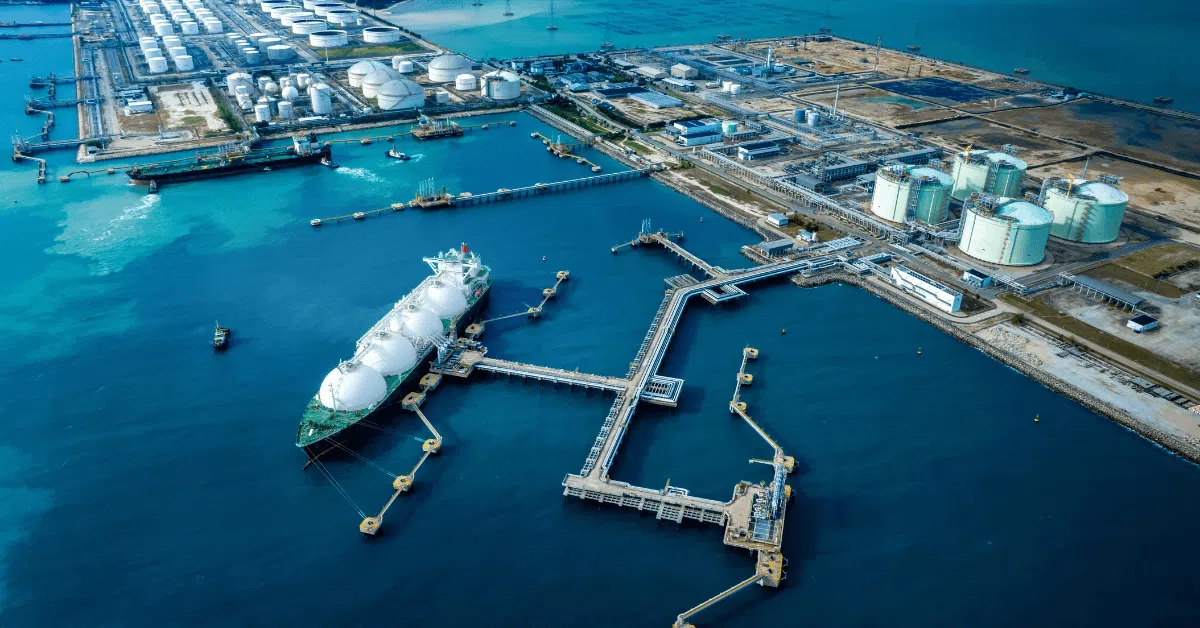In a surprising turn of events, the majority of Iranian-flagged tankers are now transmitting accurate data over the Automatic Identification System (AIS) without the previously common practice of spoofing. This marks the first instance of such transparency since 2018, as reported by , which analyzed data from two different AIS providers. The implications of this sudden change have raised eyebrows among maritime analysts and observers.
According to Samir Madani, co-founder of , this development comes after a prolonged period of AIS manipulation by the National Iranian Tanker Company (NITC) fleet. Madani noted that it is unusual for NITC vessels to begin transmitting correctly, especially after seven and a half years of consistent manipulation. He emphasized that this shift does not appear to be the result of a cyber attack, as the NITC fleet has typically opted to disable their AIS transponders rather than spoof their locations.
Interestingly, this change coincided with a visit by former U.S. President Donald Trump to the Middle East, shortly after a series of hostilities had ceased. Trump has been known for his “maximum pressure” campaign against Iran, which has included sweeping sanctions targeting Iranian oil exports. The timing of this AIS resumption raises questions about the motivations behind it.
In recent months, communications within the Iranian merchant fleet have also come under attack. A hacker group known as Lab Dookhtegan, or Sewn Lips, has claimed responsibility for disrupting communications among vessels in both the NITC fleet and the Islamic Republic of Iran Shipping Lines (IRISL). These incidents have drawn attention to the vulnerabilities in maritime communications and the geopolitical tensions surrounding Iran’s oil exports.
Tankers: Business as Usual? | Hellenic Shipping News Worldwide
The Iranian shipping industry has faced significant challenges due to international sanctions and cyber threats. The return to accurate AIS transmissions could indicate a strategic shift or a response to increasing scrutiny from global powers. Maritime analysts are closely monitoring this situation, as changes in AIS behavior can impact shipping routes and oil markets.
As the situation develops, the maritime community is left to ponder the broader implications of this sudden transparency. With the potential for increased scrutiny from regulatory bodies and international stakeholders, the Iranian shipping sector may find itself navigating a complex web of geopolitical dynamics.
The future of Iranian oil exports and shipping practices remains uncertain, as the effects of sanctions and cyber threats continue to shape the operational landscape. The resumption of proper AIS transmissions serves as a reminder of the ongoing challenges within this critical sector.





